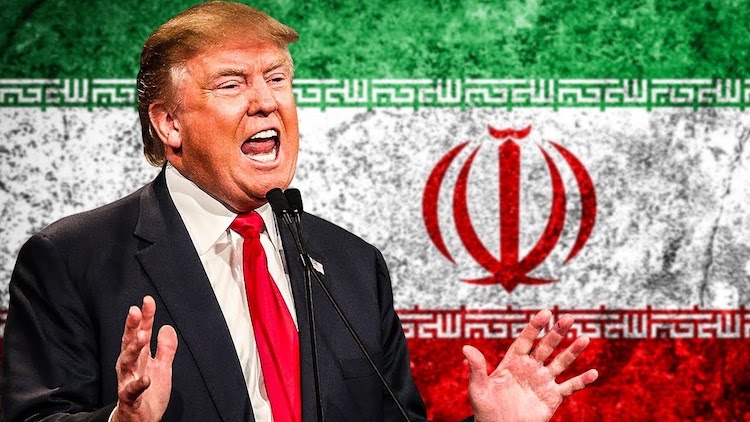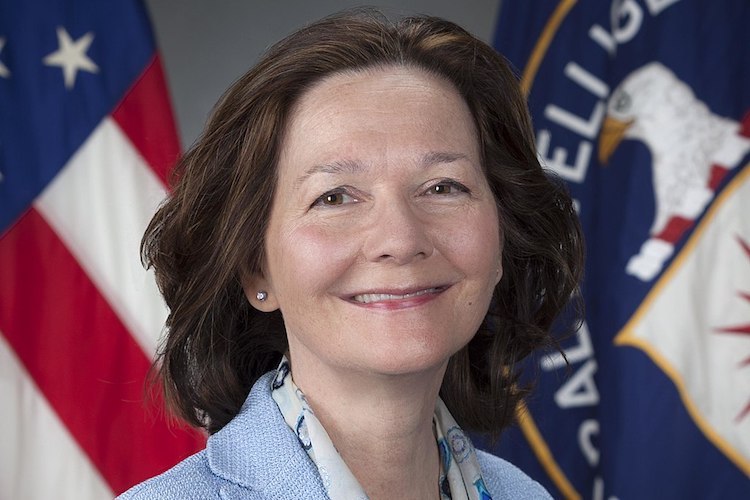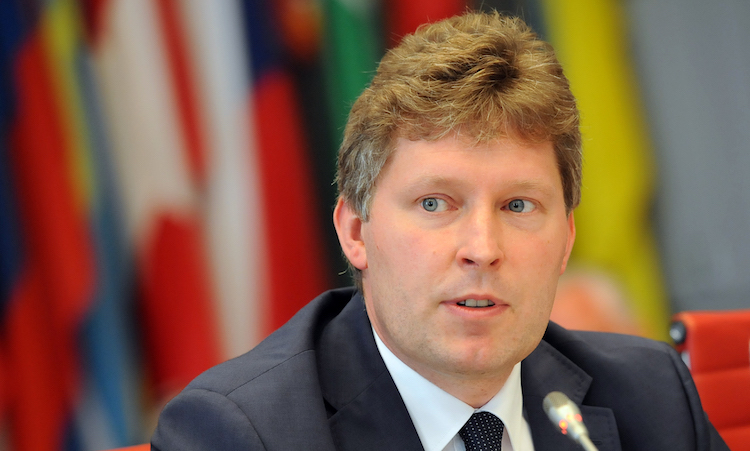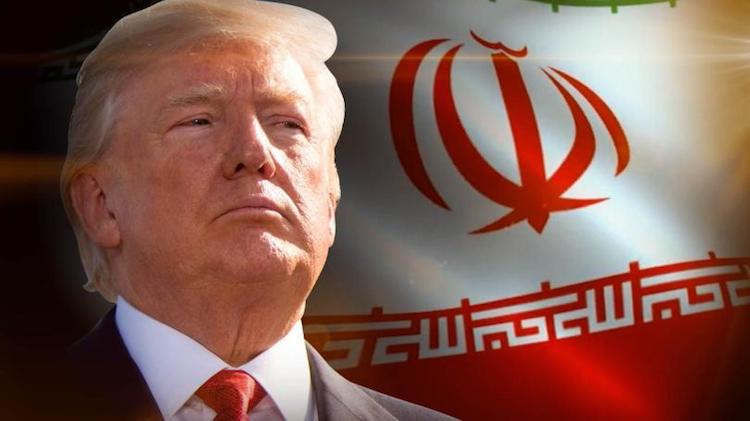Viewpoint by Jonathan Power* LUND, Sweden (IDN-INPS) – Can you smell the whiff of smoke? You surely can. But the gunfire? Not yet. But it must start soon if the battle has any chance of success. President Donald Trump has to be faced down. Not only because of his sabotage of the Iran nuclear deal […]
Blockchain Technology Could Be Vital in Helping Improve Humanitarian Aid Across the World
Viewpoint by Natalia Fuller TOKYO (IDN) – Several aid groups are now looking at blockchain’s potential to improve humanitarian aid. By providing refugees with a virtual identity, and assuring the public that their money is being properly spent, aid groups are hopeful that they can attract more donors. UNICEF is one of the largest charitable […]
Time Has Come For Europe To Be Tough With Trump
Viewpoint by Jonathan Power* LUND, Sweden (IDN-INPS) – Don’t cry for me, Europe. The time for diminishing Europe’s self-esteem is over. It’s time for toughness and retaliation. Even a personal intervention by his favourite European head of state, Emmanuel Macron, President of France, failed to move President Donald Trump on the gravest of all policies […]
In A Sense, We Are All Marxists
Viewpoint by Peter Singer* MELBOURNE (IDN) – It is not far-fetched to suggest that the predictions of Karl Marx – whose 200th anniversary fell on May 5, 1818 – have been falsified, his theories discredited, and his ideas rendered obsolete. So why should we care about his legacy in the twenty-first century? From 1949, when […]
Trump Nominates a Torturer to Become CIA Boss
Viewpoint by Jonathan Power* LUND, Sweden (IDN-INPS) – Charles Dickens in his novel “A Tale of Two Cities”, set during the French revolution of 1789, draws the character of Madame Defarge. She along with other members of the Tricoteuse, the knitting women, perch every day next to the guillotine, knitting into hats and socks the […]
Challenges Ahead for the Nuclear Non-Proliferation Treaty
Viewpoint by Ambassador Adam Bugajski Following are extensive excerpts from Ambassador Adam Bugajski’s Reflections on the second session of the preparatory committee (2nd PrepCom) of the 2020 Review Conference of the Treaty on the Non-Proliferation of Nuclear Weapons (NPT) from April 23 to May 4, 2018 at the UN in Geneva, which he chaired in […]
Mobilising Finance and Regional Cooperation Key To Sustainable Development in Asia-Pacific
Viewpoint by Shamshad Akhtar Building on steady economic growth, how can Governments in Asia and the Pacific ensure that such performance is sustained over time, is inclusive and has minimal environmental implications? What is the near-term macroeconomic outlook in the region, and what are the major current and emerging challenges? These are some of the […]
Conference on Justice for Child Prisoners in Africa
Viewpoint by Assefa Bequele and Alex Kamarotos* ADDIS ABABA (IDN) – Let us begin with the positive. Unlike some years back, children are now very much on the political and public agenda in Africa. Every politician loves to talk about them, and the African Union has adopted a charter to protect them and a mechanism […]
The Quest for Order in a Time of Chaos
Viewpoint by Boaventura de Sousa Santos* COIMBRA, Portugal (IDN) – The bombing of Syrian sites where chemical weapons are supposedly being manufactured or stocked, allegedly to be used by the Bashar al-Assad government against rebels, has left citizens all over the world in a state of confusion, filled with a mixture of perplexity and scepticism. […]
Grave Danger Ahead If Trump Kills Iran Nuclear Deal
Viewpoint by Jonathan Power* LUND, Sweden (IDN-INPS) – The next few days are fraught with danger. One of the most momentous decisions of the century is about to be made. Will President Donald Trump certify or not that Iran is honouring the agreement made with the US and the other permanent members of the UN […]










